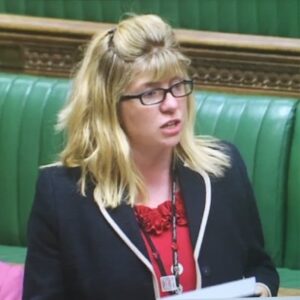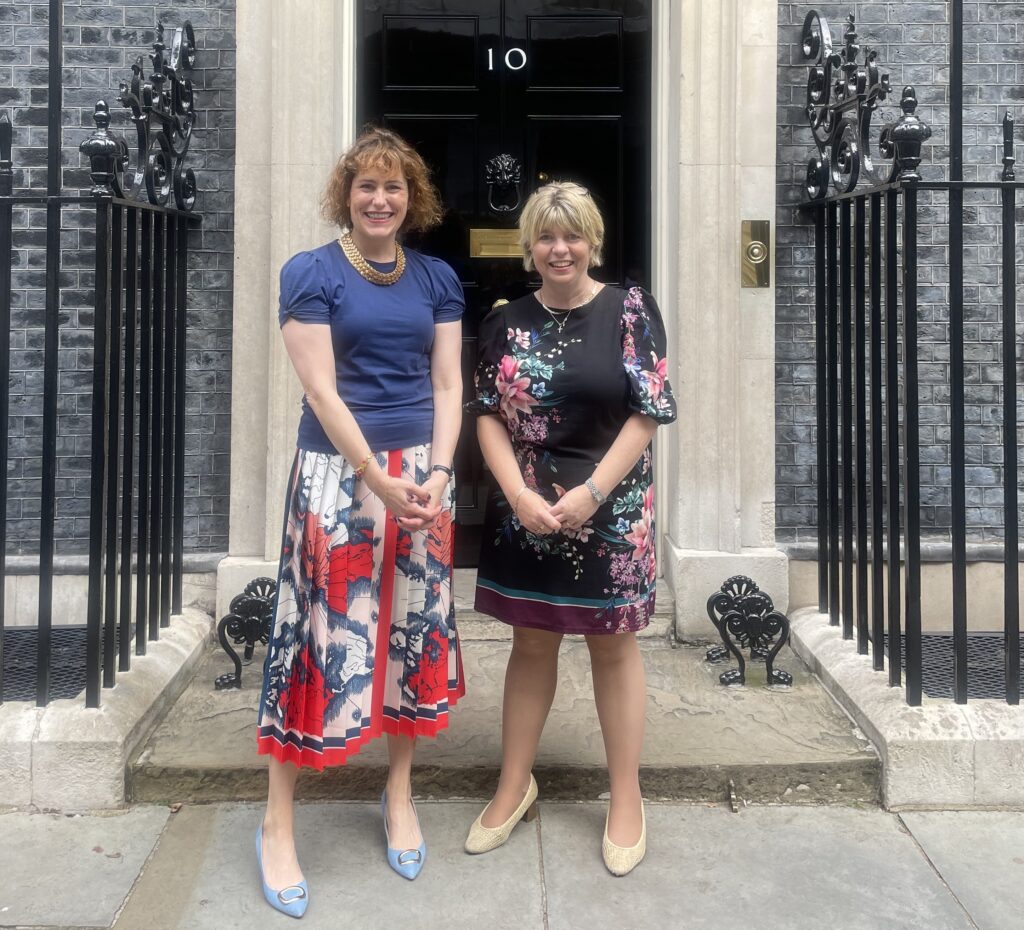A Brighton woman has started a support group for those who suffer from a debilitating condition that affects as many as one in ten women.
The Endometriosis UK East Sussex Group will offer peer-to-peer support and a chance to share stories, information and advice – online and at in-person meet-ups and events.
The volunteer-led group was set up by Lydia Eccleston, a head of marketing from Brighton, and its first event is due to take place this month.
Endometriosis is a gynaecological disease which affects the physical and mental health of more than 1.5 million women.
The group said that many of them desperately needed support and information to help them understand this chronic condition.
The main symptoms include chronic pelvic pain, painful periods, painful bowel movements, pain during or after sex and fatigue.
The charity Endometriosis UK, which champions the rights of those with the disease, operates more than 50 support groups across Britain, all led by local volunteers, as well as online and telephone support.
The two nearest existing groups – in West Kent and West Sussex – have more than 600 members while the new group could provide a more convenient option for those living and working in East Sussex.
Lydia Eccleston, who was recently nominated for a Brighton Girl Award for her campaigning work, said: “It took 11 years of appointments, delays and frustration before I was finally diagnosed formally with endometriosis.
“An Endometriosis UK support group back home in Staffordshire was invaluable both for navigating NHS systems and emotional support during that time.
“When I moved to Brighton nearly two years ago, for an exciting new job, I was almost back to square one, faced with new NHS waiting lists, consultants and systems as I tried to get the care I need.
“It made me determined to create a new group here in East Sussex to support others like me in the area.
“I’m grateful to Endometriosis UK for the training and support they have given me in setting this up and can’t wait to start meeting more members of the local endometriosis community.”
Anyone interested in joining the new group should submit a request to join the Endometriosis UK East Sussex Group Facebook page or email EastSussexGroup@endometriosis-uk.org.
Endometriosis UK’s support groups welcome anyone affected by the disease, including the friends and loved ones who support someone with endometriosis and those who do not yet have a formal diagnosis.
Find out more about other support groups and channels from Endometriosis UK here.
Initially, the support group’s in-person events will take place at the central Brighton offices of Lydia’s employer Arke Agency which is signed up to Endometriosis UK’s Endometriosis Friendly Employer.
Future events may be held in other locations and the group’s Facebook presence is intended to ensure that it remains accessible.

Endometriosis UK chief executive Emma Cox said: “For various reasons, including taboos around menstrual health and a lack of research into endometriosis, it currently takes an average of eight years in the UK to get diagnosed.
“Our volunteers provide a unique support system for those battling for a diagnosis as well as those facing them many other challenges which endometriosis can throw at them.
“We want to thank Lydia for all her hard work volunteering to set up this group which we hope will have a hugely positive impact on many of those with endometriosis across East Sussex.”
In September, former Brighton councillor Maria Caulfield, now an MP and government minister, welcomed news that funding was going to a project looking into the impact of endometriosis on women’s work choices.
Mrs Caulfield, the Minister for Women’s Health, said that this was a priority area for improvement in the national Women’s Health Strategy.
The government said that the funding was part of £12.4 million that had been set aside for six projects aimed at helping women to overcome different barriers to work.
The grant for the endometriosis project was a recognition that women with the condition suffered from pain and could need time off for medical appointments, creating difficulties at work.

Mrs Caulfield, the Conservative MP for Lewes, said: “Endometriosis can be a debilitating condition that stops women and girls from living their lives to their fullest potential.
“Through the Women’s Health Strategy, we have set an ambition for all women and girls with severe endometriosis to experience better care, with reduced waiting times for diagnosis and providing funding for key research into the condition.
“The support doesn’t stop at health and (the funding) announcement demonstrates how we’re taking a cross-government approach to help women with endometriosis get back to living their best lives.”
One of the projects includes an Office for National Statistics (ONS) evaluation – the first of its kind – to investigate the effects of endometriosis on women’s participation and progression in the workforce.
The chronic pain and fatigue associated with endometriosis can disrupt daily routines, fertility and mental health so that time off work may be needed for coping with symptoms.
Previous work has shown that women with the condition often take this into consideration when making career choices, including the likelihood they will need to take significantly more sick leave.
This project will improve understanding and help inform government plans to support women with the condition in their careers.







